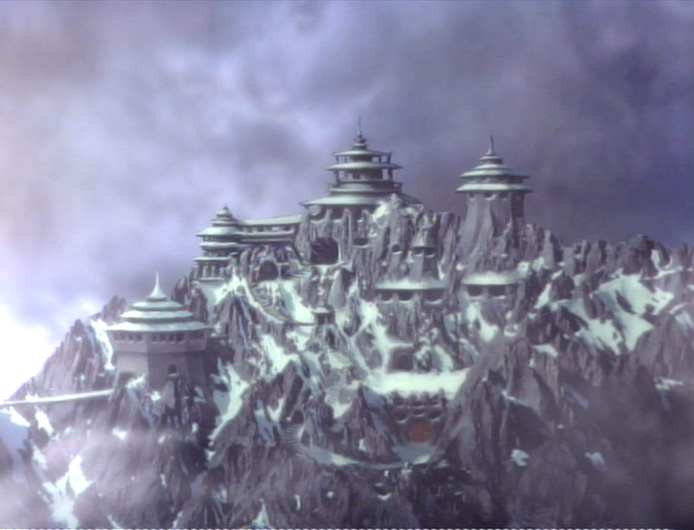Solid episode overall, much improved from the previous couple of weeks. A good pair of writers (Kim and Lippoldt) really does make a difference. Most of the shortcomings seem to have involved plot elements they were stuck having to move forward (so not their fault)... still, the execution was strong.
Just so I'm clear, though... pretty much everyone here was wondering last week "if they can't delete the sphere data, why don't they just scuttle the ship?", no? I couldn't help being reminded of it when Saru was expositing about the dilemma (with anvils) early in this episode. Yet somehow, no one on board actually floated the idea until after they were surrounded, at which point doing it had become exponentially more risky?
(And (of course) it was Michael who finally suggested it, as apparently neither Pike nor anyone else had a sufficient grasp of the obvious.)
Speaking of being surrounded... apparently Control's capabilities have shifted (again) as the plot requires. Three episodes ago we were led to believe it was constrained to the space station (except when it had a human host); now apparently it can hop around freely taking over starships? (And thirty of them?... how many ships does S31 have, anyway? And if it can do that, why would Control limit itself to S31 ships? Why not take over Discovery's systems the same way? Or heck, why not all of Starfleet?)
Meanwhile, I'm very much of the same mind as many other posters about the "pew pew" phasers. Whatever happened to vaporizing things? Why are phasers the one solitary branch of tech where DSC is less advanced than what we've seen in previous Trek?
Likewise the same mind as many others about "time crystals." The more they make these a crucial plot element, the more they insult the audience's intelligence.
I'm of two minds about the vision on Boreth. It was visually and dramatically fantastic. Pike's willingness to face his future, no matter what? Courageous and compelling. Pike knowing about that future, and yet making no apparent attempt to change it? (Or being unable to, if one believes the monk, not that there's any reason to?) That drains a lot of the drama right out of things, not just now but for years to come.
(The presentation of the training cruise scene left me underwhelmed, too. I was expecting Pike's actions to be a little more overtly rescue-y, per Mendez's original dialogue: "He went in bringing out all those kids that were still alive." And IMHO the melting face moment was a needless gross-out.)
Loved the dining room scene, FWIW! Especially the word game. Ditto Reno's later conversation with Culber. Moments like these are where the writing really shines.
Anyway, overall, to philosophize for a moment, it strikes me as interesting how systematically the Trek franchise has differentiated itself from "our" future, by systematically ruling out all the major technology trends that seem likely to shape the generations to come. In the TNG era it was genetic engineering that was verbotten; now (backdated to TOS) we see nanotech and strong AI being treated as too dangerous to countenance. It's almost as if the Trek universe is being whittled down to only the "magic" kind of tech that's beyond real physics (FTL, teleportation, time travel).





